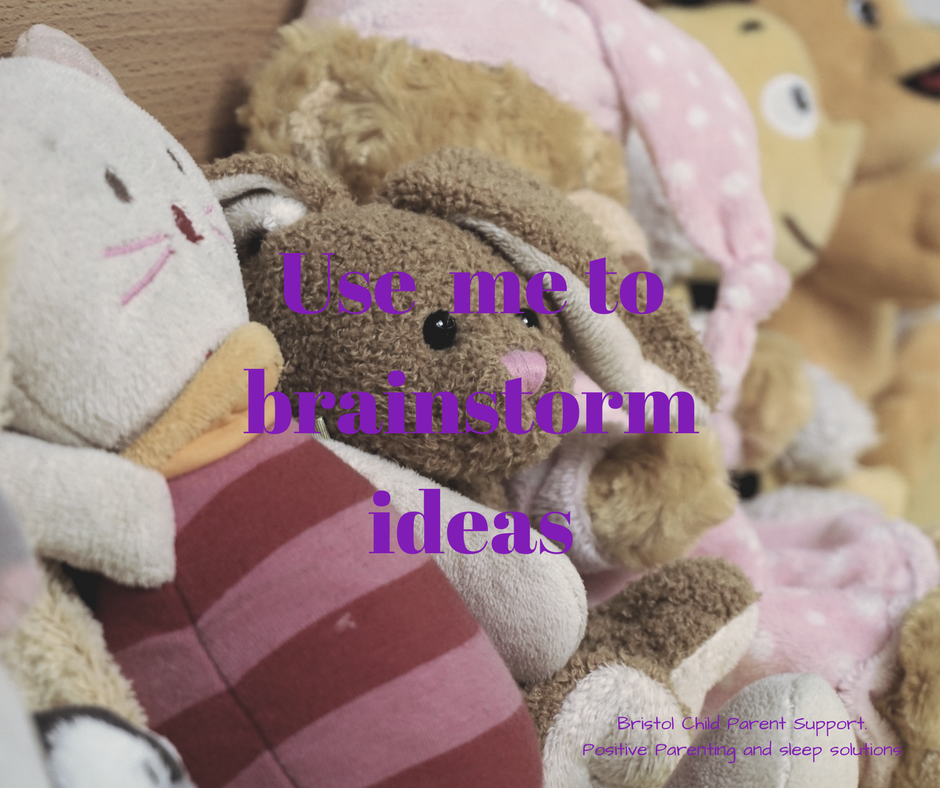 Many parents worry about their children making and having good friends. I am sure it was easier for some than others. Some children are more extroverted than others; some develop more advanced social skills. Social skills are a critical factor in making friends. Research shows the quality of your child’s relationships is an essential protective factor in self-esteem and resilience in later life. Here are three ideas to encourage your child’s social skills.
Many parents worry about their children making and having good friends. I am sure it was easier for some than others. Some children are more extroverted than others; some develop more advanced social skills. Social skills are a critical factor in making friends. Research shows the quality of your child’s relationships is an essential protective factor in self-esteem and resilience in later life. Here are three ideas to encourage your child’s social skills.
1. Communication
How do you communicate with your child? Do you listen? Do you ask how they are? Are there times when you all talk together, such as during family meetings? How we communicate is an essential factor in our child’s social skills. Encouraging your children to ask questions will enable them to start a conversation with friends.
Please share with your child that people like to talk about themselves and they like to talk about what they enjoy doing. So, asking about hobbies is a safe conversation breaker! Brainstorm some hobbies to help your child think of some ideas.
 You can then role-play with yourself and your child, taking turns. If you start first, this can help to model what to do and say. Puppets. Cuddly toys, Playmobil and Lego are great for this. Then ask them to experiment and try this out at school or somewhere they can feel safe to achieve it.
You can then role-play with yourself and your child, taking turns. If you start first, this can help to model what to do and say. Puppets. Cuddly toys, Playmobil and Lego are great for this. Then ask them to experiment and try this out at school or somewhere they can feel safe to achieve it.
2. How to make an invitation
I know how hard it is for some children to ask for something. Can it be something simple, such as can I play with you? Can I sit next to you? Can I join?
Brainstorm ideas of what your child would like to do, and think about what they might want to ask. Then role-plays; in this part, it’s essential to role-play and to help them understand what happens and what it means if someone says no.
Children may need some help to understand that it may not be personal. Practice with them, so they know how to make the invitation sound real. If they are anxious and don’t want to do it, ask them what would need to be different for them to go to school or go to an out-of-school activity or how we can help to lower the “worry”. Always go at your child’s pace.
3. Building a safe and secure relationship with you.
Children have different temperaments, and some may be more introverted than others. You can help them outside the home by allowing them to develop a safe and secure relationship with you. Keep talking, praising, and spending time with your children. I know it can feel like an enormous task; if you need help, ask for it.
With Love, Catherine, I would love to hear your ideas.


